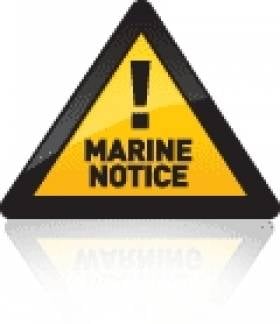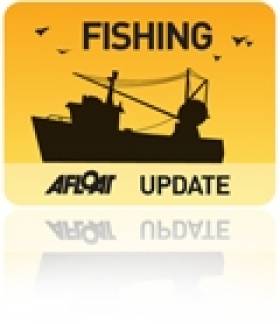Displaying items by tag: Virus
#Rio2016 - Sailors in Rio who ingest just three teaspoons of water from the Olympic courses on Guanabara Bay have a 99% chance of being infected by a virus.
That's according to the latest damning findings from the Associated Press, following from its own investigation earlier this year that found levels of viruses detected at the Olympic sailing venue to be as much as 1.7 million times this allowed on California beaches.
Samples taken more recently now indicate that a high concentration of viruses is detectable even more than a kilometre offshore away from the pollution sources that have plagued Rio's waters for decades.
Despite assurances by the ISAF – which previously floated the idea of moving the sailing venue out of Rio to cleaner waters – that steps were being taken "to ensure the health and safety of all athletes", there was still an illness rate of 7% among sailors competing at an Olympic test event in August.
That figure included 49er bronze medallist Erik Heil, who was treated for severe inflammations in his legs and a hip.
The cause of his illness turned out to be the superbug MRSA, and Heil has since proposed wearing plastic overalls while sailing out from the shore to limit his exposure to that an other bacterial infections.
But experts in waterborne viruses have told the AP that such efforts are futile when Rio's Olympic waterways "are as rife with pathogens far offshore as they are nearer land".
The AP has much more on the story HERE, coming in the same week as the ISAF's chief executive Peter Sowrey resigned after only six months in the job – the latest in a spate of high-profile departures from sailing's world governing body.
Ebola Virus Disease (EVD) – Maritime Declarations of Health For Ships Docking at Irish Ports
#ebola – The Department of Transport, Tourism and Sport has been requested to publicise the attached (downloadable below as a word file) Health Service Executive letter regarding the submission of a Maritime Declaration of Health for ships docking at Irish ports, which have called at an Ebola EVD affected area or have crew/passengers that joined the vessel from such an area, or are suspected of having been in contact with the Ebola virus or an affected person within the past.
#Fishing - "Absolutely hammered" is how a Carlingford Lough oyster farmer describes the state of his business after £350,000 (€404,000) worth of his stock was destroyed by a virus in the recent heatwave.
And as the Belfast Telegraph reports, Darren Cunningham now fears financial ruin after at least 80% of his juvenile oysters were wiped out by the ostreid herpes virus, which kills the shellfish when the water temperature rises above 16 degrees.
Unfortunately for Cunningham and fellow oysterman Harold Henning, who fears a total loss of his young oysters, Stormont has no compensation scheme in place for lost stocks in Northern Ireland.
The Belfast Telegraph has more on the story HERE.

























































